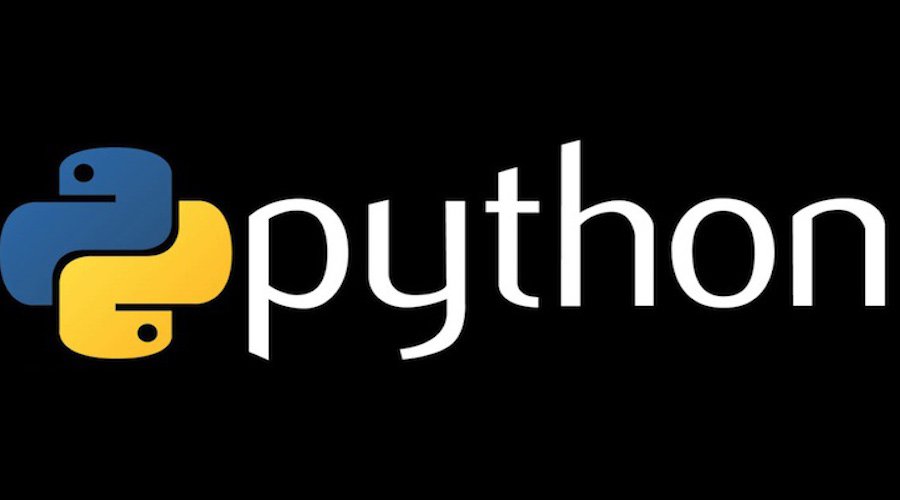An introduction to the Linux boot and startup processes

Understanding the Linux boot and startup processes is important to being able to both configure Linux and to resolving startup issues. This article presents an overview of the bootup sequence using the GRUB2 bootloader and the startup sequence as performed by the systemd initialization system. In reality, there are two sequences of events that are required to boot a Linux computer and make it usable: boot and startup . The boot sequence starts when the computer is turned on, and is completed when the kernel is initialized and systemd is launched. The startup process then takes over and finishes the task of getting the Linux computer into an operational state. Overall, the Linux boot and startup process is fairly simple to understand. It is comprised of the following steps which will be described in more detail in the following sections. BIOS POST Boot loader (GRUB2) Kernel initialization Start systemd, the parent of all processes....




